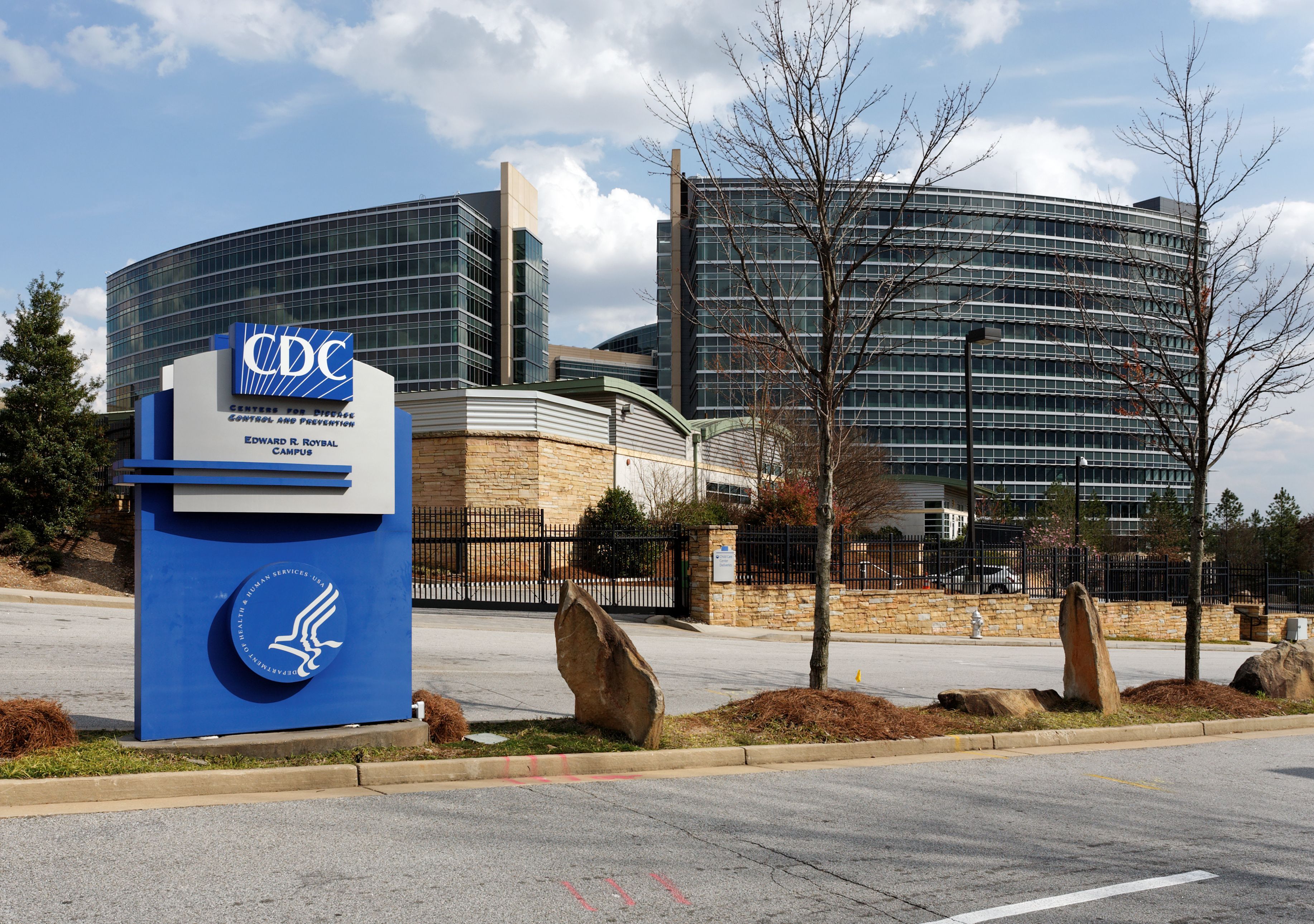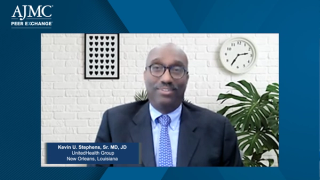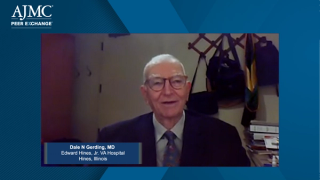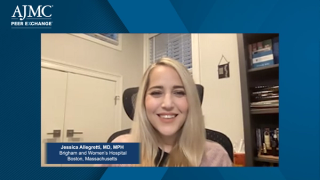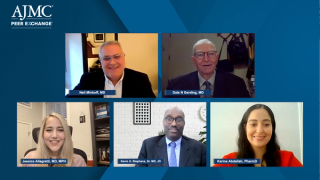
Infectious Disease
Latest News
Video Series

Latest Videos
Shorts

Podcasts
CME Content
More News
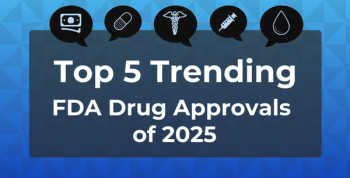
These pieces highlight several newly approved therapies that expanded treatment options across multiple disease states.

This year's most-watched video evaluated how President Donald Trump's rescission of several Biden-era executive orders may impact Medicaid and Medicare initiatives.

Influenza and COVID-19 are seeing an uptick in incidence as the winter months approach, making protecting vulnerable populations a high priority.
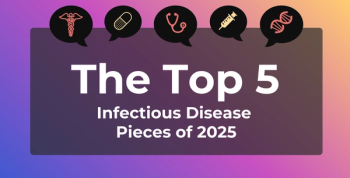
Top pieces from 2025 spanned outbreaks, an FDA drug approval, and the impact of NIH grant terminations.
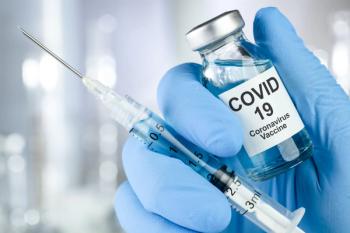
COVID-19 vaccination during pregnancy lowers hospitalization and preterm birth risks, providing key guidance for maternal care strategies.
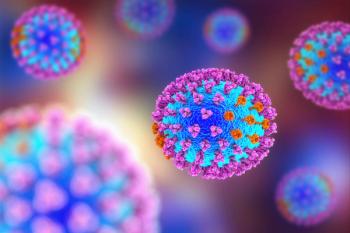
The 2024-2025 US influenza season hit older adults hardest, driving hospitalizations and costs, while vaccine coverage remained below targets.
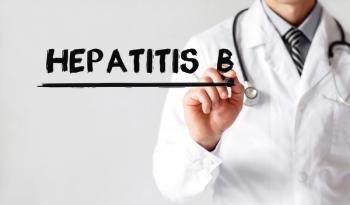
Most US patients eligible for hepatitis B virus (HBV) treatment remain untreated, raising risks of liver disease and complications.
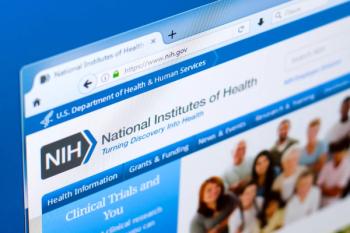
Infectious disease was hit hardest by funding cuts to NIH grant for clinical trials that did not align with the Trump administration's priorities.
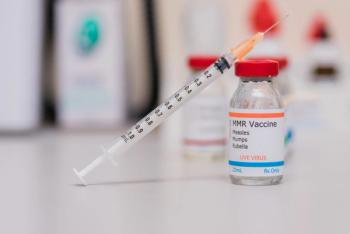
Early measles vaccination among Texas infants surged in early 2025, likely helping reduce their risk amid the nation's largest outbreak since 2000.
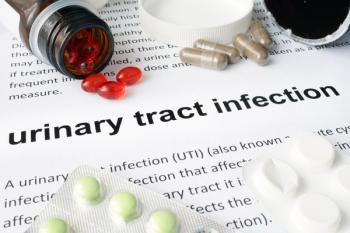
Cefdinir is linked to nearly double the outpatient uncomplicated UTI treatment failure of cephalexin, with higher recurrence and increased resistance to other cephalosporins.
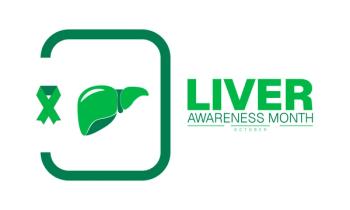
Liver Awareness Month raises awareness of liver disease causes, risks, symptoms, and prevention, highlighting individual actions and policy efforts.

COVID-19–related work absences remain elevated post pandemic, especially in high-exposure jobs, highlighting lasting labor market impacts.

Long COVID is most common among adults with chronic conditions, lower physical activity, and incomplete vaccination, and who live in certain US regions.

WHO's latest report shows alarming trends in antimicrobial resistance, highlighting urgent global challenges and the need to improve surveillance and treatment.

US pediatric influenza-associated encephalopathy (IAE) cases surged during the 2024-2025 season, highlighting severe health risks and the need for better surveillance.
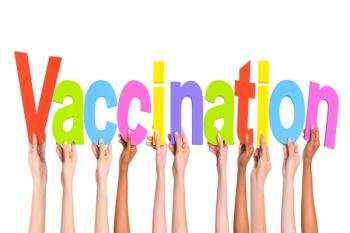
More than 2700 parents responded to a survey from the Washington Post and KFF on routine and seasonal childhood vaccinations for their children.

The 2024-2025 influenza season saw record-high hospitalization rates, prompting the CDC to emphasize the importance of vaccination and early antiviral treatment.

US foreign aid budget cuts and freezes may potentially increase those affected by tuberculosis in USAID-dependent countries, resulting in millions of lives lost.

COVID-19 worsened disparities in cervical cancer screening and HPV vaccine awareness, impacting minority groups with limited access to preventive care.

Adults with food insecurity report higher rates of long COVID and lower recovery, with Supplemental Nutrition Assistance Program (SNAP) participation and employment status affecting these associations.
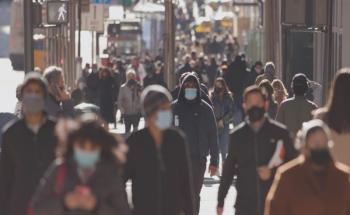

Public awareness of human papillomavirus (HPV) and its link to cervical and oral cancers is alarmingly low in the US, especially in the Midwest and South.

There is a need to consolidate various long COVID definitions to establish a standardized definition that ensures consistent recognition, documentation, diagnosis, and treatment, according to new research.
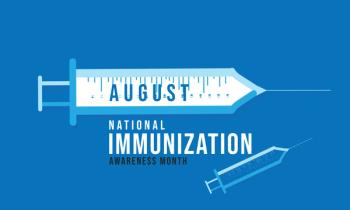
National Immunization Awareness Month highlights the importance of lifelong vaccination to prevent diseases, a practice that has averted millions of deaths, proven to be a cost-effective public health strategy, and offers crucial protection even to individuals who are immunocompromised.

Prenatal exposure to per- and polyfluoroalkyl substances (PFAS), a class of persistent environmental pollutants, was linked to significant shifts in infant T helper cell development, raising concerns about long-term effects on vaccine response, immune regulation, and disease susceptibility.

